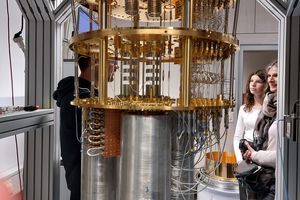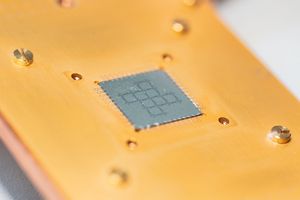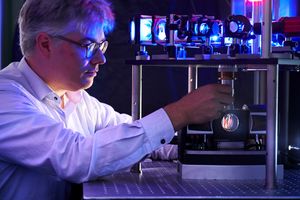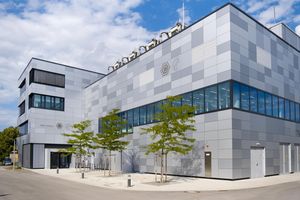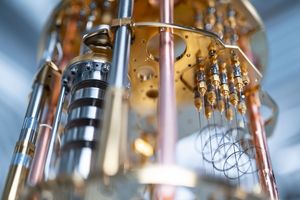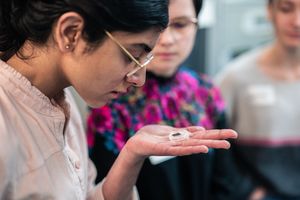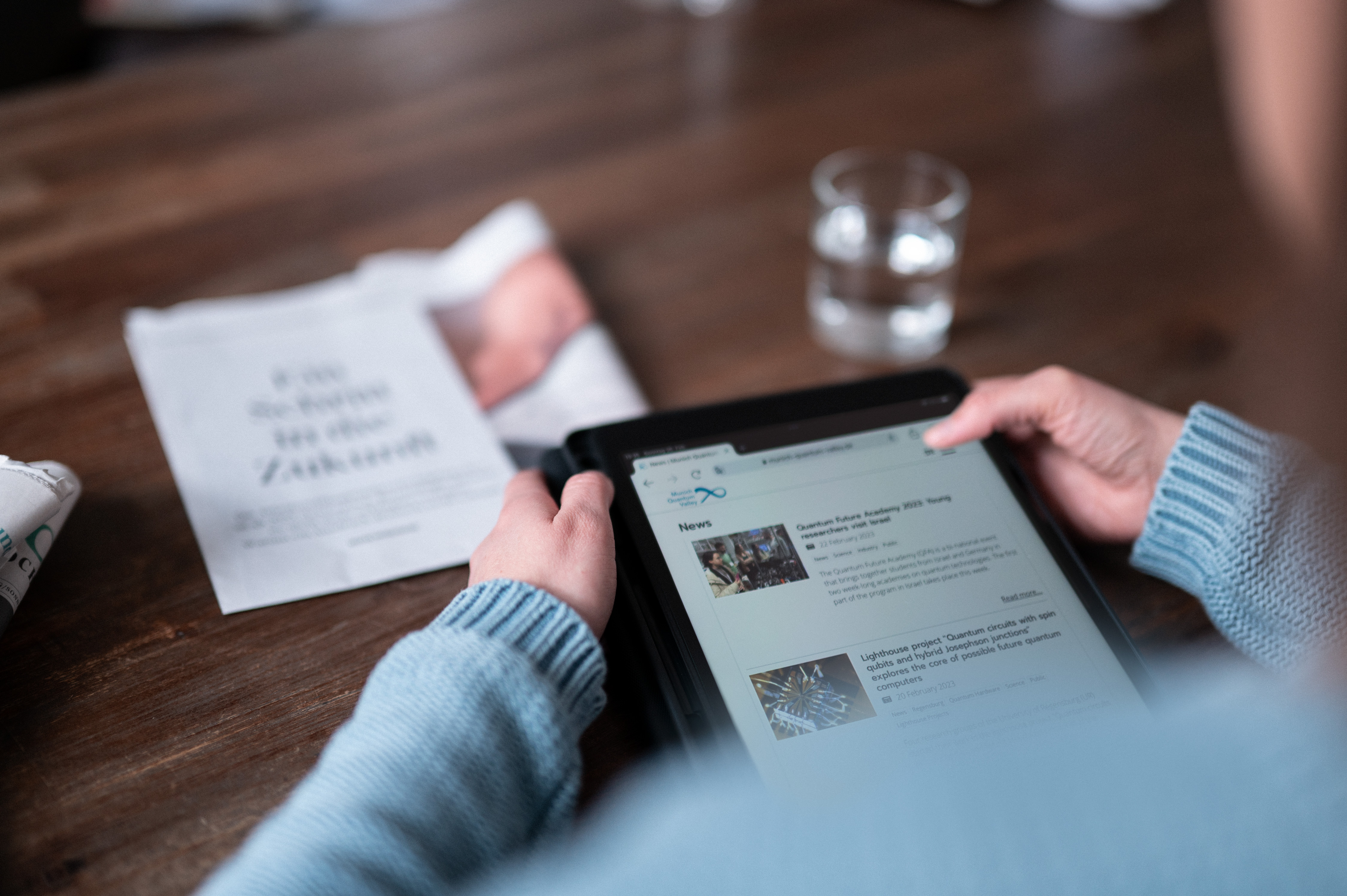
News
MQV-Einblicke: Researching quantum systems at the lowest temperatures
As part of the event series “MQV-Einblicke – 100 Jahre Quantenwissenschaften und woran wir heute forschen”, the Walther Meißner Institute of the Bavarian Academy of Sciences and Humantities opened its doors on 6 October 2025, giving the many visitors insights into research on quantum systems at the lowest temperatures.
MQV institutes and start-ups play key role in EU’s first pilot line for superconducting quantum chips
The European Union has approved SUPREME, a major new pilot line to industrialize superconducting quantum chip fabrication, coordinated by VTT and funded through the EU Chips Joint Undertaking. As part of this initiative involving 23 partners across eight EU member states, one of the three central fabrication sites will be hosted in Germany, specifically in Garching and the Munich area, supported by a strong consortium of German research institutions and technology developers.
MQV researchers demonstrate efficient multi-qubit entanglement
A research team from Munich Quantum Valley (MQV) at the Walther Meißner Institute (WMI), has implemented Perfect State Transfer on a chain of six superconducting qubits and demonstrated its usefulness in efficiently connecting distant qubits and generating multi-qubit entanglement.
Hans Hübl appointed Adjunct Professor at TUM
The Technical University of Munich (TUM) has appointed MQV member Dr. habil. Hans Hübl as Adjunct Professor in recognition of his outstanding achievements in research and teaching in the field of quantum science and technology.
Max Planck Semiconductor Laboratory opens new building in Garching
On 7 October, a new building of the Max Planck Society's Semiconductor Laboratory (HLL) was opened on the Garching research campus. The state-of-the-art infrastructure plays a central role in the new cooperation between the HLL, the Technical University of Munich and the Walther Meißner Institute for the joint development of superconducting quantum bits, which was agreed as part of Munich Quantum Valley.
Expectations of an important future technology: Symposium on quantum technologies in Munich
With the support of Munich Quantum Valley, the Bavarian Academy of Sciences and Humanities (BAdW) is organizing the symposium "Quantum Technologies. Expectations of an important future technology" with top-class lectures.
Smoking heads, cool experiments: the MQV Girls'Day
Ten female students aged 14 to 16 took part in Munich Quantum Valley's Girls'Day event. At the Walther Meissner Institute of the Bavarian Academy of Sciences and Humanities, they were able to learn about the profession of (quantum) scientist through a diverse program.
